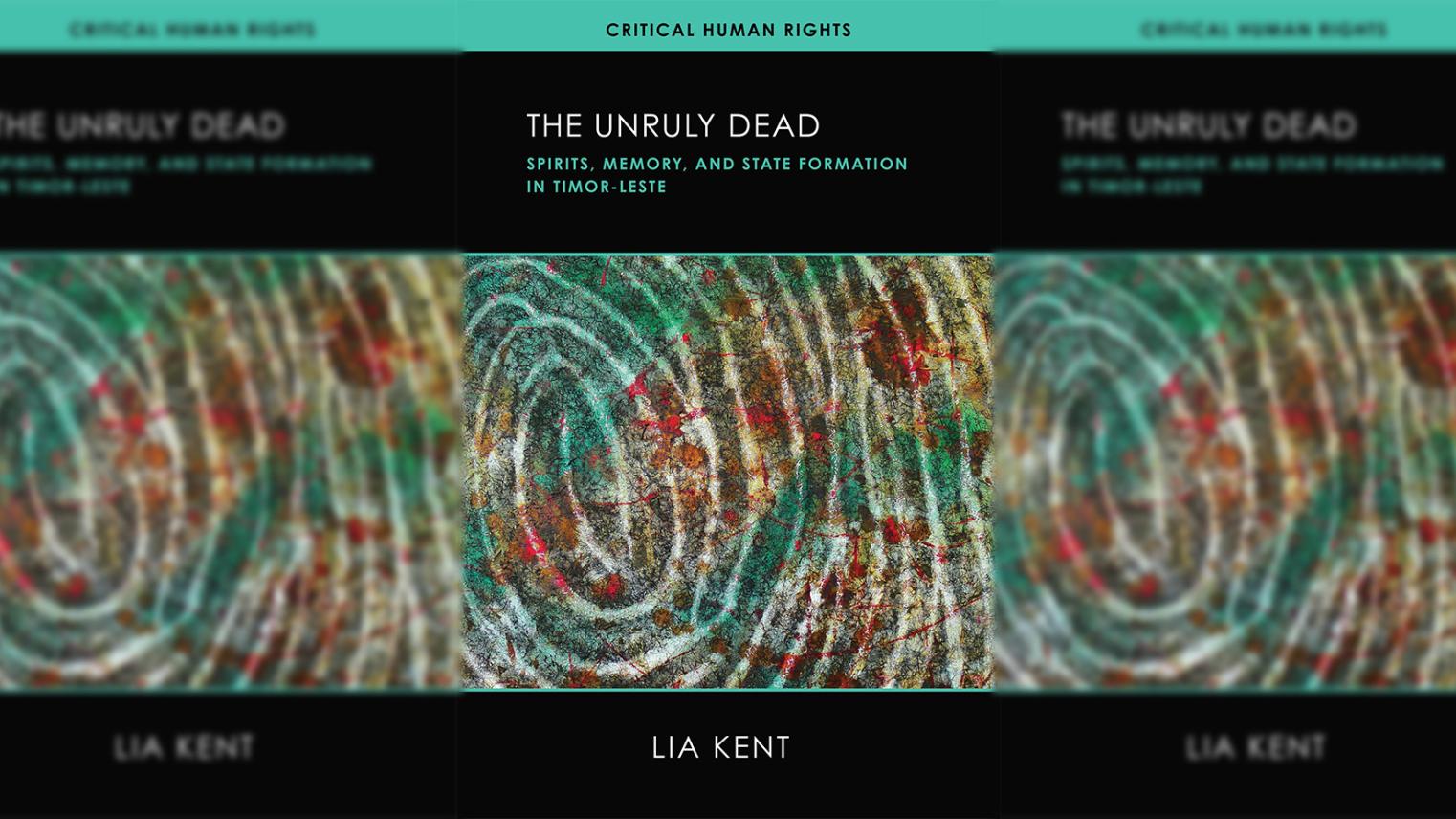New book by Lia Kent explores spirits, memory and state formation in Timor-Leste

We are delighted to announce the release of Associate Professor Lia Kent’s new book, The Unruly Dead: Spirits, Memory and State Formation in Timor-Leste, published by The University of Wisconsin Press.
In this insightful work, Associate Professor Kent examines how the dead in Timor-Leste actively shape social and political life, challenging conventional narratives of transitional justice and state formation.
“An important intervention into transitional justice scholarship. Kent interrupts established narratives and problematizes assumptions about victims and their temporal location in the past. Convincing, persuasive, and eminently readable.”
—Caroline Bennett, University of Sussex
About the book
“What might it mean to take the dead seriously as political actors?” asks Lia Kent in this exciting new contribution to critical human rights scholarship. In Timor-Leste, a new nation-state that experienced centuries of European colonialism before a violent occupation by Indonesia from 1975 to 1999, the dead are active participants in social and political life who continue to operate within familial structures of obligation and commitment. On individual, local, and national levels, Timor-Leste is invested in various forms of memory work, including memorialization, exhumation, reburial, and commemoration of the occupation’s victims. Such practices enliven the dead, allowing them to forge new relationships with the living and unsettling the state-building logics that seek to contain and control them.
With generous, careful ethnography and incisive analysis, Kent challenges comfortable, linear narratives of transitional justice and argues that this memory work is reshaping the East Timorese social and political order—a process in which the dead are active, and sometimes disruptive, participants. Community ties and even the landscape itself are imbued with their presence and demands, and the horrific scale of mass death in recent times—up to a third of the population perished during the Indonesian occupation—means Timor-Leste’s dead have real, significant power in the country’s efforts to remember, recover, and reestablish itself.